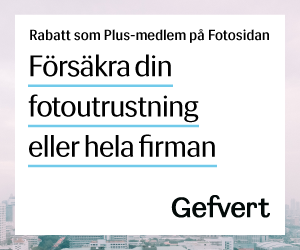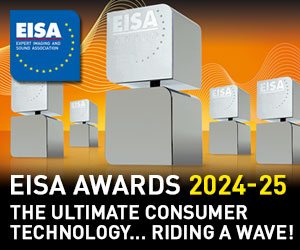Alla EU-länder utom Storbritannien och Irland
Från
http://ec.europa.eu/information_society/eyouguide/fiches/glossary_ipr/index_en.htm
PERSONAL USE – NON COMMERCIAL ENDS - PRIVATE COPYING
What is private copying? What constitutes a private copy?
The most common exception to copyright is the "private copying exception", granted in all EU countries except the UK and Ireland.
Private copying is an exception to the author's rights. A user will be able to make a lawful copy of a work freely if:
- it is for private use;
- the copy will not be used for commercial purposes;
- the rights holder receives fair compensation (see below: Private copying levies)
Is private copying a right?
Private copying is not a right but an exception to the author's exclusive right of reproduction. It is subject to the "three-steps test", like all other copyright exceptions, so can apply only in special cases, which do not conflict with the normal exploitation of the work and do not unreasonably prejudice the legitimate interests of the author.
COPYRIGHT LEVIES
What is a private copying levy?
A copyright levy (or more commonly private copy levy, PCL) is a special tax or levy (additional to any general sales tax) charged on purchases of recordable media such as blank CDs, DVDs and mp3 players.
In Europe the levy is charged to ensure fair compensation to rights holders when and where private copying is allowed. Copyright levies are meant to establish a balance between the author's rights and public rights.
However, PCL should be determined taking account the application or non-application of technological protection measures.
How do private copying levies work?
Fair compensation may vary from country to country. Levies are imposed either on the equipment (PCs, CD writers, scanners, etc.) or on the medium (CDs, DVDs, memory cards, etc.), or on both.
Rates vary too.
The application of PCLs does not distinguish between consumers intending to use equipment and media to exercise the private copying exception, and those who don't.







